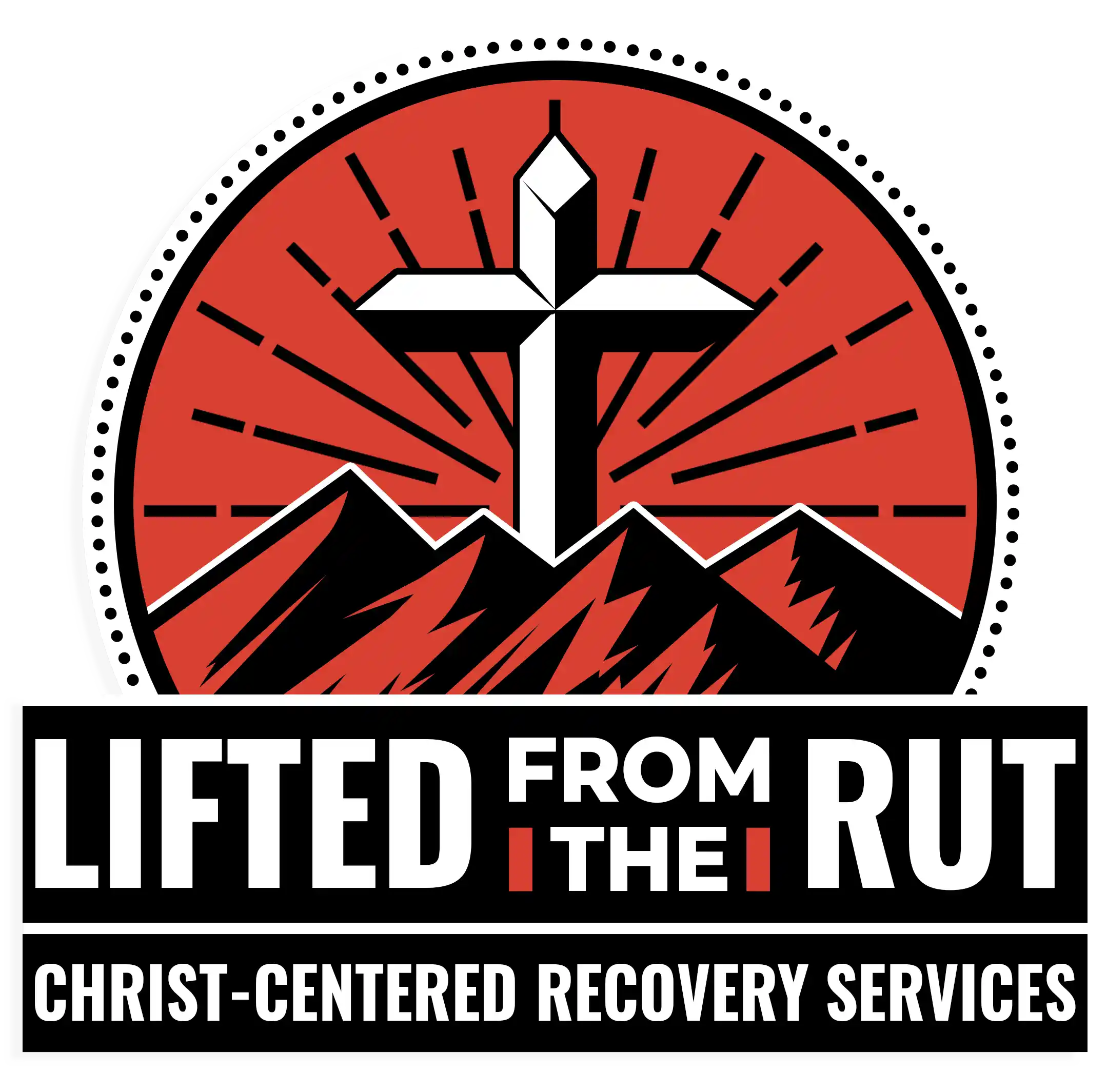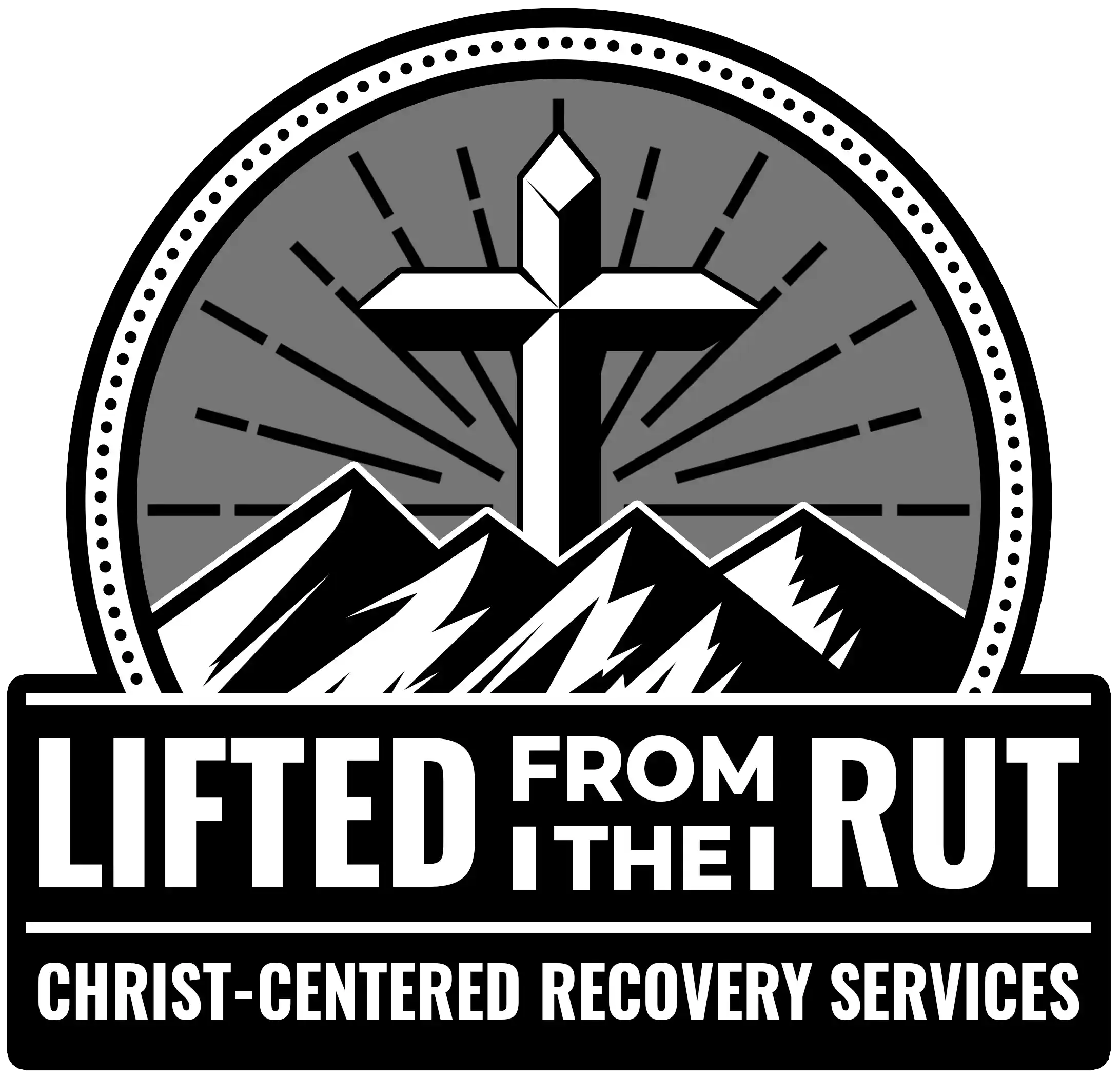Addiction recovery is a deeply personal journey, and many individuals seek treatment that aligns with their spiritual or religious beliefs. Faith-based treatment centers have become a popular choice, offering programs that blend spirituality with medical and therapeutic care. However, a common question arises: Does insurance cover treatment at faith-based centers?
In this article, we will explore the factors that influence insurance coverage for faith-based treatment centers. We’ll discuss the role of accreditation, the types of insurance plans that may or may not cover these centers, and the importance of the services offered.
What are Faith-Based Treatment Centers?
Faith-based treatment centers offer addiction recovery programs rooted in religious or spiritual principles. Unlike secular centers, which focus on medical and psychological treatment, these centers incorporate religious teachings and practices into their recovery approach. They may cater to specific religious groups, such as Christians, Muslims, or Jews, or adopt a more general spiritual approach.
Spirituality plays a central role in the treatment process, helping individuals connect with a higher power and gain inner peace and strength during recovery. Faith-based programs often incorporate prayer, religious counseling, and spiritual rituals alongside traditional therapies, such as group counseling, one-on-one therapy, and detoxification.
While these centers provide a unique and holistic approach to recovery, they face challenges in obtaining insurance coverage, as they may not be treated the same as secular centers.
The Role of Insurance in Addiction Treatment
Insurance coverage for addiction treatment is a complex issue. Generally, most health insurance plans, including private insurance, Medicaid, and Medicare, provide coverage for addiction recovery services. These typically include inpatient and outpatient care, detoxification, and various forms of therapy. However, not all services are covered under every plan, and insurance providers often establish specific guidelines for what they will cover.
Faith-based centers, however, can be treated differently by insurance companies. Insurance providers typically focus on clinical services and may be hesitant to cover treatments that include a significant religious or spiritual component. This is because insurers may not recognize spiritual practices as part of the medically necessary treatment, which is typically required for coverage.
Key Factors that Influence Insurance Coverage for Faith-Based Treatment Centers
Accreditation and Licensing
Accreditation by organizations like the Commission on Accreditation of Rehabilitation Facilities (CARF) or The Joint Commission is crucial for faith-based centers. It ensures the center meets medical and legal standards. Without accreditation, insurers may refuse coverage, regardless of the organization’s spiritual focus.
Type of Insurance Plan
Private insurers (e.g., Aetna, Blue Cross Blue Shield) often offer more flexibility in covering faith-based treatment than government programs like Medicaid and Medicare, which have stricter guidelines that may limit coverage for such centers.
Types of Services Provided
Insurance plans typically cover evidence-based treatments like detox, inpatient care, outpatient therapy, and medication-assisted treatment. However, purely spiritual services, such as prayer or religious counseling, may not be covered unless integrated into a medically necessary treatment plan.
Network Status
If the faith-based center is in-network with the insurance provider, coverage is more likely. Out-of-network centers may lead to higher out-of-pocket costs or a denial of coverage altogether.

Understanding Insurance Coverage for Faith-Based Treatment
If you are considering a faith-based treatment center, the first step is to confirm whether it is covered by your insurance. This can be done by contacting the center directly to inquire about its network status or by calling your insurance provider. It’s essential to ask about specific coverage details, such as which services are included and whether they meet your treatment needs.
Insurance providers may cover outpatient care, detoxification, and therapeutic services, but they may exclude coverage for religious practices or spiritual counseling. It’s important to review your policy thoroughly and ensure you understand which aspects of treatment are covered before committing to a faith-based facility.
The Role of Pre-Approval in Insurance Claims
Pre-approval, also known as prior authorization, is a crucial aspect of the insurance claims process for addiction treatment. Many insurance companies require pre-approval before covering treatment services. For faith-based centers, this can present challenges, as insurers may be hesitant to approve treatment that includes significant spiritual or religious elements.
If a faith-based center is out of network, the pre-approval process can be even more complicated. However, it is still possible to obtain approval, especially if the center offers accredited, medically necessary services. Be sure to work with both the faith-based center and your insurance provider to navigate this process effectively.
Options for Those Without Insurance
For individuals without insurance or those whose plans don’t cover faith-based treatment, there are still options available. Many faith-based treatment centers offer financial assistance, sliding scale fees, or payment plans to help make treatment more affordable. Additionally, some states have government programs that can help cover the cost of addiction treatment, even if the individual doesn’t have traditional insurance.
How to Maximize Your Insurance Benefits
To get the most out of your insurance coverage, it’s important to be proactive. Always verify that the faith-based center you’re considering is accredited and part of your insurer’s network. Make sure that all services are medically necessary and fall within the guidelines of your insurance plan. If a claim is denied, you have the right to appeal the decision and provide additional documentation to support your case.
Final Thoughts from LFTR Christ-Centered Recovery Services
At LFTR Christian Rehab Services, we offer insurance-friendly services that combine clinical expertise with spiritual guidance. Our personalized recovery programs address both the physical and spiritual aspects of addiction, making treatment accessible and affordable.
For more information about our policies and services, feel free to reach out and let us help you begin your recovery journey.






